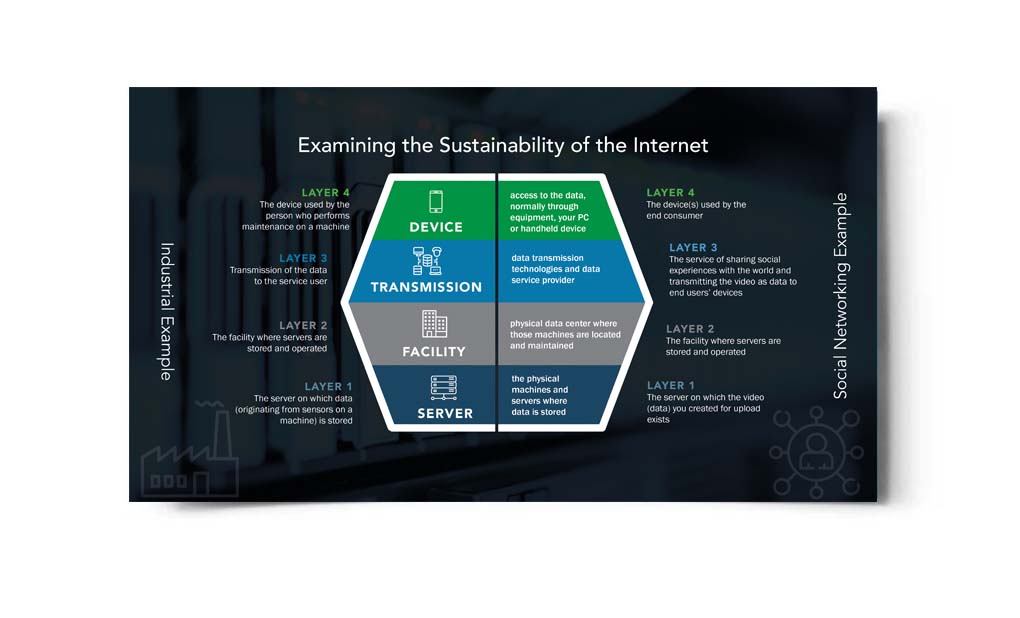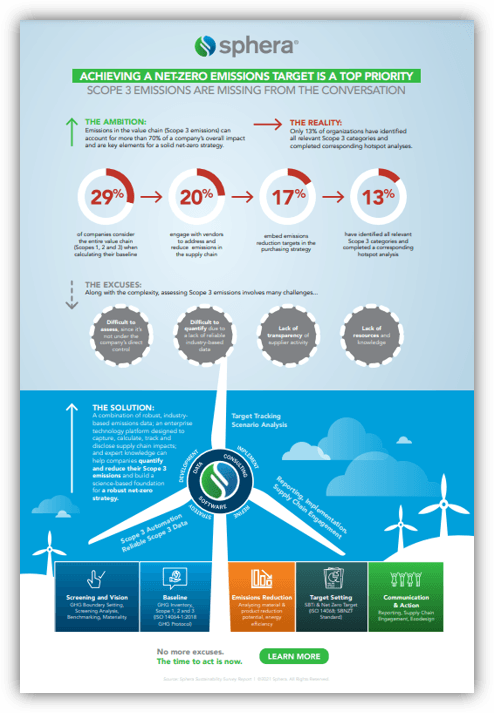As the impacts of climate change become more severe and widespread, it’s clear that immediate action is needed to secure a sustainable future. To this end, many companies are working to make their operations more sustainable. Investors, too, are increasingly looking to back companies with strong environmental, social and governance (ESG) strategies.
As a result, many companies have begun to publicly declare their ESG strategies to illustrate a commitment to greater sustainability, among other factors. However, if such strategies aren’t backed up by solid, auditable data and acted upon in a meaningful way, then they are useless.
Making empty or misleading statements about the sustainability of a company’s products or services (whether intentionally or unintentionally) is known as “greenwashing.” Often, companies may label their products as being sustainable just for the sake of marketing. Or greenwashing can occur when communication around the sustainability of products or services isn’t clear or well-defined.
In a podcast discussing greenwashing, Sphera Chief Product Officer Mike Zamis said that greenwashing can happen because: “There are no real rules around ESG. There’s pretty deep flexibility in some of those [disclosure] frameworks, and there are competing frameworks. There’s a real chance for companies to pick and choose what ESG means to them.”

Why Greenwashing Is a Concern for Companies, Consumers and the Planet
Numerous high-profile greenwashing scandals have contributed to decreased consumer trust in companies’ ESG commitments. This lack of trust is preventing the widespread adoption of sustainable behaviors among consumers, as Sphera’s recent report on green consumerism shows. Also contributing to decreased consumer trust is the lack of access to companies’ sustainability information.
But, even when companies are forthcoming about their ESG commitments, consumers are skeptical. Sensu’s 50 Shades of Greenwashing report describes the effects of greenwashing and how it has negatively impacted consumer trust. According to the report, 30% of people expect ESG claims to have been exaggerated, and “71% don’t think that the claim is likely to have been verified or checked by an independent expert or regulator.” Further, “only 23% of the public take ESG claims at face value,” while 14% of people said they usually disbelieve these claims.
Unsurprisingly, eroding consumer trust in businesses’ ESG commitments has a negative effect on companies’ bottom lines. According to an article published in the Harvard Business Review, greenwashing harms a brand’s reputation and consumer brand loyalty, which in turn decreases the likelihood that consumers will make repeat purchases from a brand or choose to buy from them at all.
And as the window to make meaningful progress to prevent the worst effects of climate change narrows, greenwashing isn’t helping to move the needle in the right direction. At COP27 in November 2022, the U.N.’s High-Level Expert Group on the Net-Zero Emissions Commitments of Non-State Entities released a report on greenwashing in net-zero pledges.
Former Canadian Minister Catherine Mckenna, chairman of the High-Level Expert Group, said that the “planet cannot afford delays, excuses, or more greenwashing.” The report recommended that companies embrace greater transparency and accountability in net-zero pledges, as well as make sure that their pledges are detailed and concrete.
How to Prevent Greenwashing
Standardized ESG metrics and regulations could help create a consistent baseline for ESG reporting, reducing the risk of greenwashing in the marketplace. In addition, marketing and product departments need to get on the same page and communicate the sustainability of their products and services honestly and transparently with their consumers and investors to build trust in the long term.
This can be achieved by:
- Ensuring ESG professionals such as a vice president of sustainability or a corporate sustainability officer oversee and manage ESG data collection, verification and reporting.
- Bringing in third-party auditors to verify data.
- Increasing the frequency of ESG data collection, monitoring and reporting.
By implementing the right teams and strategies, companies can prevent greenwashing and ensure greater clarity and credibility in their ESG strategies. ESG can’t just be a marketing tool; it must be embedded into a company’s operations and include buy-in from company leadership and other stakeholders.
After all, the stakes couldn’t be higher—with the future of our planet on the line, companies have an important role to play in transitioning to a net-zero world. As a result, it’s imperative that net-zero pledges and ESG strategies lead to meaningful change and don’t just amount to empty promises.
To learn more about consumer attitudes and why it’s important for companies to avoid greenwashing, read our report.











